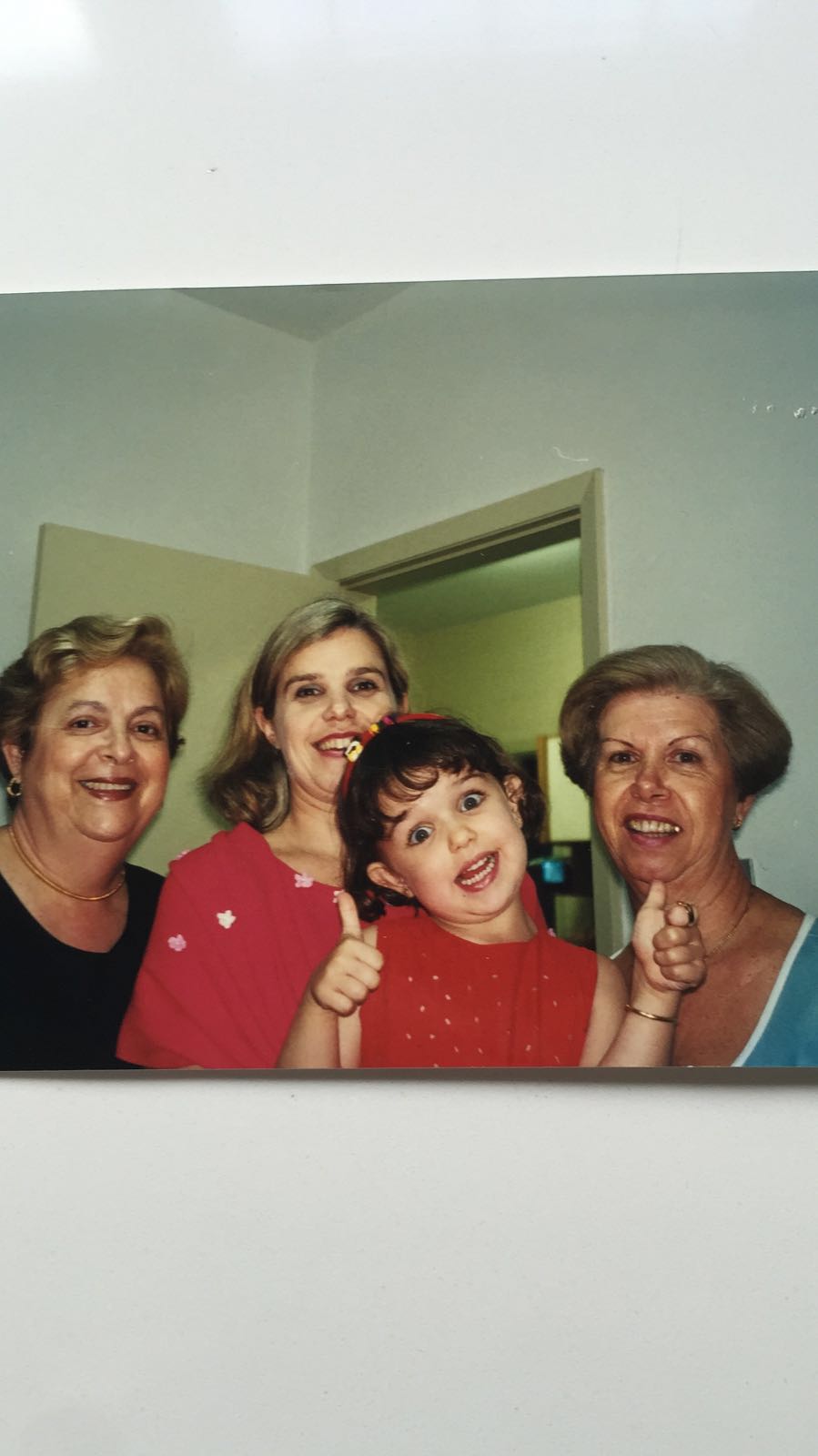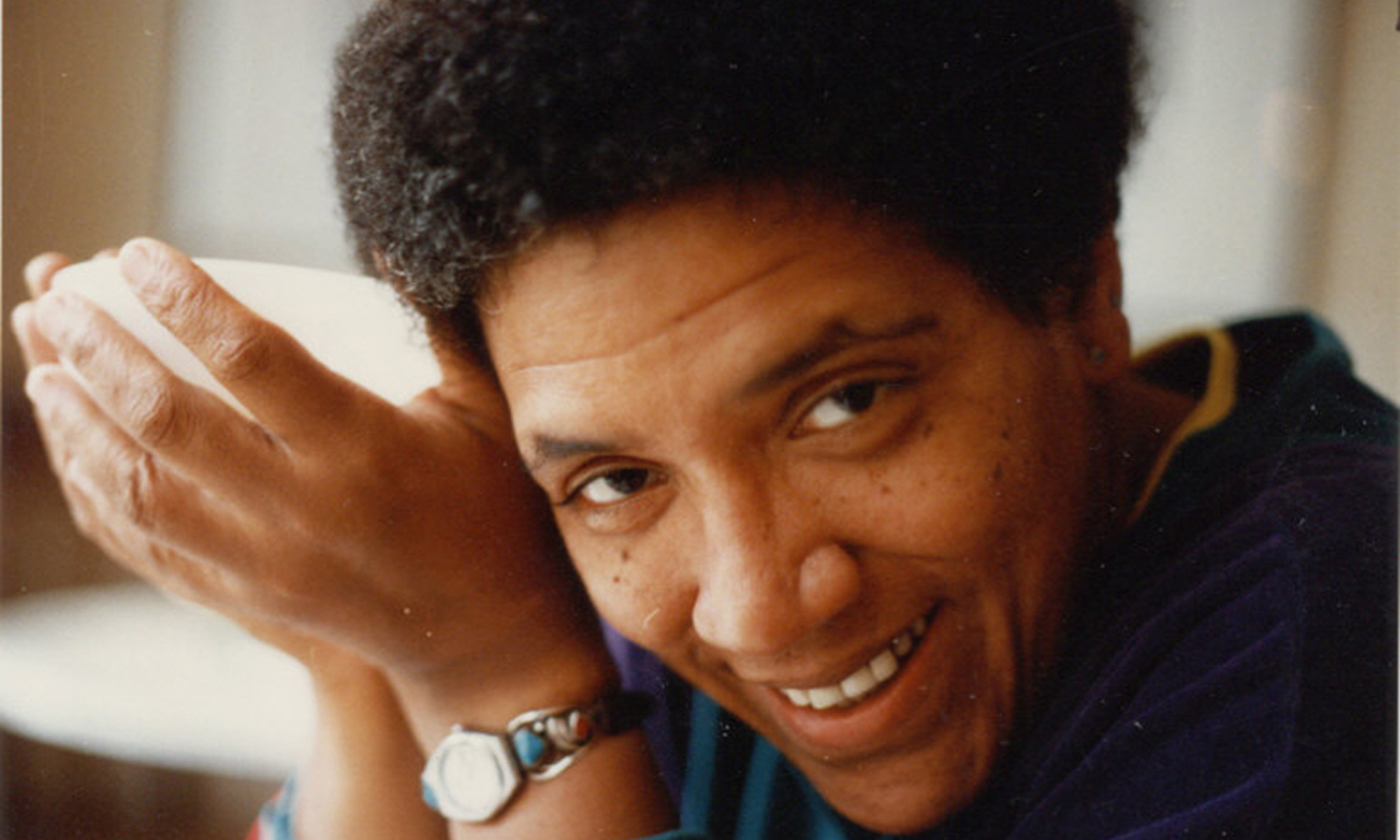
I remember it best when we visited at the end of our year, the middle of theirs. Their summers, our winters. The big, loud, messy family gatherings. The reunions. My mum, my grandmas, my aunts worried about what we would eat, how many would eat, how they would cook it, when they would serve it. My brothers, my cousins, my dad, my uncles played a game of volleyball. The divide between the sexes was clear.
Being born into a generation of fourth-wave feminists who have a massive platform (the internet) to not only educate themselves but to voice their opinions has meant I have grown up with the support of women from all over the world. This has given me so much pride, and so much hope, but it also gave me an ego. An ego which for years meant I resented the role many women in my birth country, Brazil, had to play.
I really struggled with the concept of femininity because of my resentment. I thought that my family members were weak and domesticated. I didn’t want to marry young and have babies. Neither of my grandma’s finished high school. My mum didn’t go to university and she didn’t pursue a career. The women who brought me up weren’t the women I read articles about. I wanted to be Frida Kahlo, or Aung Sang Suu Kyi or Malala or all three. They were the kind of women who inspired me, and it took me a very long time to accept that culturally and circumstantially I had not been brought up by women who had defied the odds and fought any stereotypes.
The first time I was told to go help in the kitchen instead of playing outside was daunting. I was uncomfortable with the idea of being asked to do chores the boys weren’t asked to. That was when I think I officially “became a woman” in my family’s eyes . The one image that comes to mind when I think of these expectations is the way my grandma can cut the skin off a mango so precisely that none of the flesh is wasted. I did not think I could ever learn to do that. I cannot speak for all of Brazil, but food preparation is a concept which has been culturally embedded onto each generation of my family as a woman’s job. Although I could see a problem with that, I couldn’t fight tradition. Brazil is seeing loads of change in the roles women get to play. Although Dilma Rousseff isn’t the best example, she is our elected president.
I was very lucky. Due to my father’s job I got to move all over the world. I left Brazil at five years old to live in the Netherlands, then South Africa, Germany, England and Singapore. I was able to be educated in English. I was also lucky that my parents did not consider certains aspects to be a woman’s job and others a man’s job. In contrast, my mother became depressed once all her kids left home. Speaking to her about it, I stupidly thought a big part of her sadness stemmed from not having a lot to focus her energy on anymore. I thought she might have had regrets. At the time I really misunderstood her and her choices. She found a lot of her happiness in caring for kids, in keeping a busy house.
It’s naïve to assume that little brain power or effort goes into being a stay at home mum. Even the term we use to describe these women is belittling. I’ve found that when my mum is at her busiest, whatever she has to do is never for herself. She is constantly doing things for other people. I only learned about the valuable skills she has when I had to fend for myself.
One which I envy the most is her ability to cook. While my brothers and I are always trying to replicate her dishes we grew up eating, and more often than not failing, she continues to tell us she can never get it quite right like her mum does, or her grandma did. I think I’ve probably called my mum four times in the last six months to ask her how to make my rice not stick together when I cook it. Quite honestly if anything is going remotely wrong in my day to day life the first person I go to solve it is my mother. 90 percent of the time she does pull through though.
So how did I change my mind about my mother’s contribution to feminism? I realised, through talking with her, that you can be a stereotypical suburban housewife and still be doing womanhood right. You can be CEO of a company and be doing womanhood right. As long as you aren’t doing any harm, I believe you can find as much happiness and as much fulfilment in committing your life to just about anything.
As Simone de Beauvoir wrote “But if I wish to define myself, I must first of all say: ‘I am a woman’; on this truth must be based all further discussion.”
When I read her book, The Second Sex, this particular quote stuck with me. This line is in the introduction, before any other in depth feminist issues are discussed. Now, before I ever think about judging a woman on her choices, I think about this quote. The women who had raised me, and whom I misunderstood for so long showed me that just as you can be passionate about curing a disease, about representing a nation, about eradicating poverty, you can be equally as passionate about caring for children, about caring for your home and about maintaining a stable, healthy marriage.









